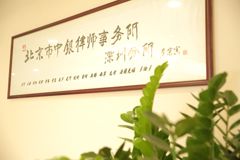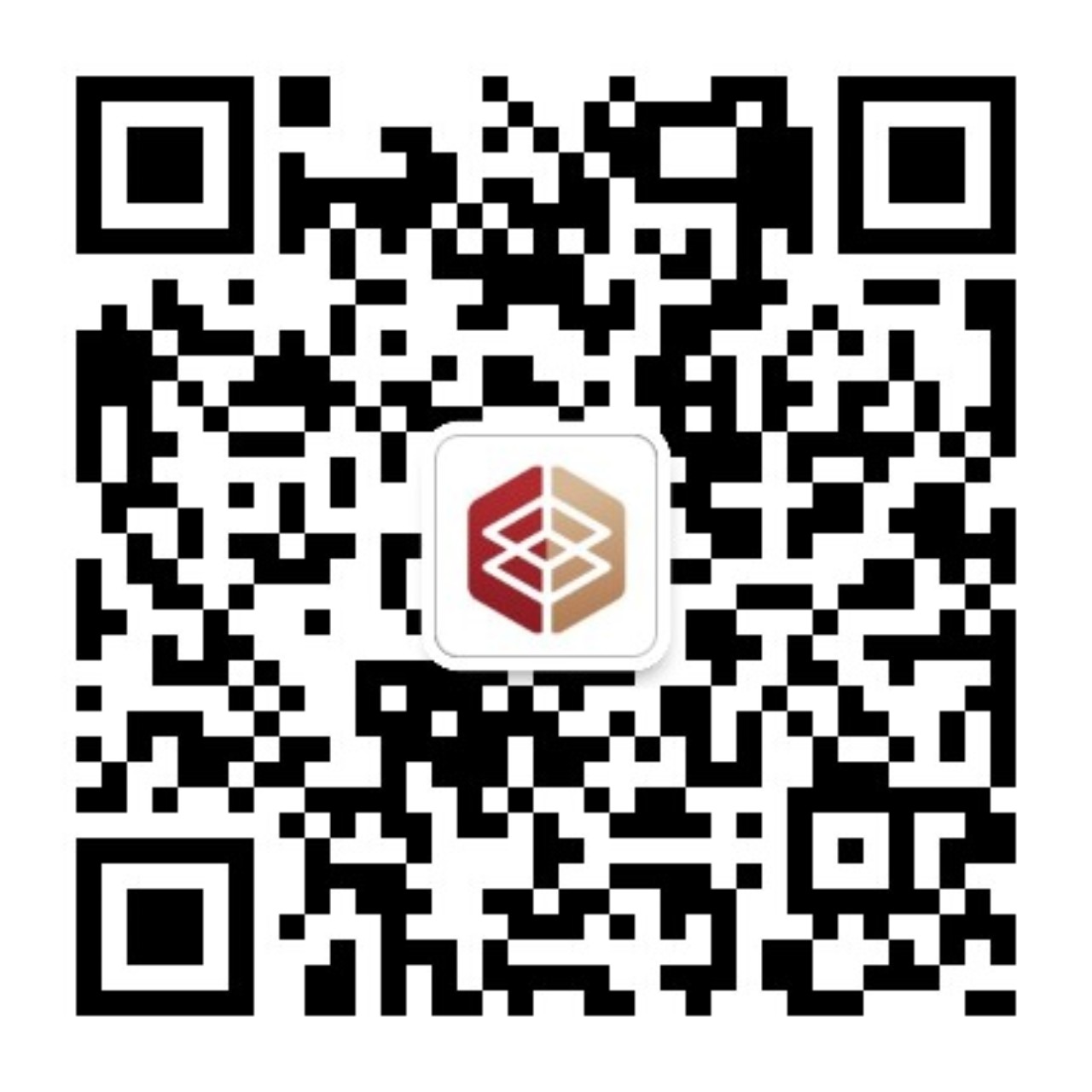禁止电子烟双清包赔
Prohibition of Double Customs Clearance and Full Compensation for E-cigarettes
前言
Introduction
2024年8月11日,在国家烟草专卖局修订印发的《电子烟物流管理细则》中,新增第十六条第二款明确禁止电子烟物流服务供应商提供任何旨在绕开境内外监管体系的服务。这一新增条款不仅关系到物流服务供应商的责任边界,还直接影响到境内外客户的切身利益,同时也反映了国内电子烟监管部门对电子烟行业规范化管理的坚定立场。笔者将在本文详细解读这一条款的立法背景、目的及其对行业的影响。
In the revised "Electronic Cigarette Logistics Management Regulations" issued by the State Tobacco Monopoly Administration of China on August 11, 2024, a new provision, Paragraph 2 of Article 16, has been added, which explicitly prohibits e-cigarette logistics service providers from offering any services aimed at bypassing domestic and international regulatory systems. This new provision not only pertains to the responsibilities of logistics service providers but also directly affects the interests of both domestic and international customers. It also reflects the determination of China’s e-cigarette regulatory authorities on ensuring compliance in the e-cigarette industry. This article will provide a detailed interpretation of the legislative background, purpose, and impact of this provision on the industry.
一、条款背景及制定目的
1.Background and Purpose of the Provision
《电子烟物流管理细则》第十六条第二款的出台,主要针对的是国内电子烟行业在国际市场,尤其是美国市场中存在的合规风险。近年来,美国食品药品监督管理局(FDA)对多个中国电子烟品牌采取了严厉的监管措施,包括发出警告信和将产品列入进口警报红名单。这些措施的主要原因之一是中国电子烟企业无视美国监管,持续通过瞒报等方式将电子烟产品非法输入美国。FDA的监管措施直接导致相关产品实际上无法通过正常的报关程序进入美国市场。面对这种困境,一些国内电子烟企业采取了对应的规避措施,其中最为常见的就是要求电子烟物流服务供应商提供"双清包赔"服务,即要求物流公司承担中美两国的报关、清关责任,并在货物被海关扣押或没收时赔偿全额货值。这种做法虽然在短期内可能帮助电子烟企业维持出口量,增加创汇,但实际上是一种极具风险的灰色操作。它不仅将电子烟企业的经营风险不当转嫁给了物流公司,更是在本质上反复触碰境外监管的底线,从而可能引发更为严厉的反制措施。正如美国的雷诺烟草公司(R.J. Reynolds Tobacco Company)以及雷诺电子烟公司(R.J. Reynolds Vapor Company)于2023年10月13日向美国国际贸易委员会(United States International Trade Commission,ITC)提出“337调查”申请,指控多个中国品牌的一次性电子烟产品在进口贸易中存在美国《1930年关税法》第337条中的不正当竞争方式和不公平行为,因此请求ITC发布普遍排除令和永久性禁令,从而限制所有中国一次性电子烟进入美国境内。
The introduction of Paragraph 2 of Article 16 in the "Electronic Cigarette Logistics Management Regulations" primarily targets the compliance risks faced by the domestic e-cigarette industry in international markets, especially in the United States. In recent years, the U.S. Food and Drug Administration (FDA) has taken strict regulatory measures against several Chinese e-cigarette brands, including issuing warning letters and placing products on the Import Alert. One of the main reasons for these actions is that Chinese e-cigarette companies have ignored U.S. regulations and continued to illegally import e-cigarette products into the U.S. through false declarations. The FDA's regulatory measures have made it impossible for these products to pass through the regular customs clearance process into the U.S.. In response to this predicament, some domestic e-cigarette companies have taken corresponding measures to evade regulation, the most common of which is requiring e-cigarette logistics service providers to offer "Double Customs Clearance with Full Compensation" services. This means that logistics companies take responsibility for customs clearance in both China and the U.S. and compensate the full value of goods if they are seized or confiscated by customs. While this approach may temporarily help e-cigarette companies maintain export volumes and increase foreign exchange earnings, it is essentially a highly risky operation. It not only shifts the business risks of e-cigarette companies to logistics companies but also repeatedly challenges overseas regulatory policies, which could potentially trigger more severe measures. For instance, on October 13, 2023, R.J. Reynolds Tobacco Company and R.J. Reynolds Vapor Company filed a "Section 337 investigation" with the U.S. International Trade Commission (ITC), accusing several Chinese brands of engaging in unfair competition and unfair practices under Section 337 of the U.S. Tariff Act of 1930 in their import trade, and requesting the ITC to issue a general exclusion order and a permanent injunction to restrict all Chinese disposable e-cigarettes from entering the U.S. market.
正是在这样的背景下,国家烟草专卖局认真考虑了这一新的条款。其制定目的主要体现在两个方面:首先,监管机构旨在督促电子烟公司树立更强的合规意识。面对日益严格的国际监管环境,尤其是美国等主要市场的法律要求,电子烟企业需要摒弃侥幸心理,积极应对合规挑战,从根本上提升电子烟行业的规范性和竞争力。其次,通过明确禁止绕开监管的行为,国内监管机构向国际社会展示了中国在规范电子烟出口的决心,有助于改善中国电子烟产品在国际市场的形象,为行业的长远发展创造有利条件。第十六条第二款的设立还与《关于推动出口电子烟产品质量保证体系建设的指引》第十四条的规定相呼应。后者要求,当出口电子烟产品因质量安全问题被国际组织或境外政府机构通报时,企业应当立即向所在地烟草专卖局报告,并接受依法相关核查处理。这两项规定共同构建了一个鼓励主动合规、及时纠错的监管框架,进一步推动电子烟行业的规范化发展。
In this context, the State Tobacco Monopoly Administration carefully considered this new provision. The main objectives of its formulation are reflected in two aspects: First, regulatory authorities aim to encourage e-cigarette companies to develop a stronger sense of compliance. Facing increasingly stringent international regulatory environments, particularly the legal requirements of major markets like the U.S., e-cigarette companies need to abandon the mindset of relying on luck, actively respond to compliance challenges, and fundamentally improve the compliance and competitiveness of the e-cigarette industry. Second, by clearly prohibiting regulatory evasion behaviors, domestic regulatory authorities are signaling to the international community China's determination to regulate e-cigarette exports, which will help improve the image of Chinese e-cigarette products in the international market and create favorable conditions for the long-term development of the industry. The establishment of Paragraph 2 of Article 16 also coordinates with the provision of Article 14 of the "Guidelines for Promoting the Building of Quality Assurance Systems for Exported Electronic Cigarette Products", which states that "Where a notice of criticism regarding exported e-cigarette products is issued by international organizations and overseas government agencies due to any quality or safety problem, the enterprise shall immediately report to the local Tobacco Monopoly Administration, and the relevant enterprise shall accept the verification and disposition organized by the Tobacco Monopoly Administration in accordance with the law". These two regulations together form a regulatory framework that encourages proactive compliance and timely correction, further promoting the well- regulated development of the e-cigarette industry.
二、“双清包赔”条款可能无效
2.The Possible Invalidity of "Double Customs Clearance with Full Compensation" Clauses
《电子烟物流管理细则》第十六条第二款的实施,可能会对法院在审理物流公司与电子烟企业之间的合同纠纷时产生影响,尤其是在涉及规避监管的合同条款的效力认定方面。就像当年证券市场的“场外配资”,从一开始证监会通过发布《关于加强证券公司信息系统外部接入管理的通知》(证监办发[2015]35号)、《关于清理整顿违法从事证券业务活动的意见》(证监会公告[2015]19号)等文件,明确要求清理整顿场外配资业务,到最终最高人民法院在2019年出台的《全国法院民商事审判工作会议纪要》(九民纪要)中认定场外配资合同认定因规避金融监管而无效,法院不再支持用资人和配资方基于场外配资合同主张利益或赔偿。类似于“场外配资”的处理逻辑可能会也会在电子烟行业中得到应用。
The implementation of Paragraph 2 of Article 16 of the "Electronic Cigarette Logistics Management Regulations" may influence how courts handle contractual disputes between logistics companies and e-cigarette enterprises, especially regarding the validity of contractual clauses that involve regulatory evasion. Similar to the handling of "Shadow Margin Financing" in the securities market, where the China Securities Regulatory Commission (CSRC) initially issued documents such as the "Notice on Strengthening the Administration of External Access of Information Systems of Securities Companies" (No. 35 [2015], CSRC) and the "Opinions on an Overhaul regarding Illegal Securities Business Activities " (No. 19 [2015], CSRC), explicitly requiring the cleanup and rectification of shadow margin financing activities, the Supreme People's Court ultimately determined in its 2019 "Notice by the Supreme People's Court on Issuing the Minutes of the National Court Work Conference for Civil and Commercial Trials 2019 " (2019 Ninth Conference Minutes) that shadow margin financing contracts are invalid due to evasion of financial regulations. As a result, courts no longer support claims from capital providers or financing parties based on such contracts. A similar logic may also be applied in the e-cigarette industry.
具体而言,第十六条第二款的实施可能使法院对“双清包赔”等条款性质的认定从单纯地规避行业监管的层面上升至违背公序良俗的层面,从而认定这些条款无效。根据《民法典》第一百五十三条第二款规定,违背公序良俗的民事法律行为无效。如果电子烟企业与物流公司签订的合同中包含“包赔”或其他形式的规避监管的条款,未来法院在审理相关纠纷时,可能会基于这些条款存在破坏市场秩序、违背公序良俗之情形,判定其无效,电子烟企业将丧失依据这些无效条款向物流公司主张赔偿的权利。
Specifically, the implementation of Paragraph 2 of Article 16 may lead courts to elevate the nature of "Double Customs Clearance with Full Compensation" clauses from merely evading industry regulation to offending public order and good morals, thereby rendering these clauses invalid. According to Article 153, Paragraph 2, of the Civil Code,a civil juristic act that offends the public order and good morals is invalid. If contracts between e-cigarette companies and logistics companies contain "Double Customs Clearance with Full Compensation" or other forms of regulatory evasion clauses, courts may, in future disputes, determine that these clauses are invalid based on their potential to disrupt market order and offend public order and good morals, thereby depriving e-cigarette companies of the right to claim compensation from logistics companies based on these invalid clauses.
三、扭转局势:击退劣币,守护良币
3.Reversing the Situation: Protecting Good Currency and Eliminating Bad Currency
第十六条第二款无疑将推动中国电子烟行业向更加规范、合法的方向发展,也有望扭转目前电子烟市场“劣币驱逐良币”的局面。以悦刻RELX为例,为了合规经营几乎要退出美国市场,然而那些不合规、绕开监管的品牌却在美国市场上风生水起,整体市场环境对合规企业不公平。实施第十六条第二款后,那些始终坚持合规经营、注重产品质量的企业将获得更多发展机会,而依赖灰色地带操作的企业则可能面临淘汰,从而促进行业整体的优胜劣汰。此外,通过主动规范电子烟出口行为,也有利于改善国内与主要进口国的贸易关系,减少贸易摩擦,为电子烟产业创造更加有利的国际环境。这不仅有利于电子烟行业本身,也将为其他出口导向型产业树立良好典范。
Paragraph 2 of Article 16 will undoubtedly push China's e-cigarette industry to develop toward a more regulated direction and is expected to reverse the current situation where "bad currency drives out good currency" in the e-cigarette market. Take RELX as an example: the company almost exited the U.S. market to comply with regulations, while non-compliant brands that circumvent regulations have thrived in the U.S. market, creating an unfair market environment for compliant companies. After the implementation of Paragraph 2 of Article 16, companies that have consistently adhered to compliance and focused on product quality will have more opportunities for development, while those relying on illegal practices may face elimination, thereby promoting the survival of the fittest in the industry. Moreover, by actively regulating e-cigarette export behavior, it will help improve domestic trade relations with major importing countries, reduce trade friction, and create a more favorable international environment for the e-cigarette industry. This is not only beneficial to the e-cigarette industry itself but will also set a good example for other export-oriented industries.
总的来说,《电子烟物流管理细则》第十六条第二款的设立,体现了监管部门对电子烟行业规范化、国际化发展的决心。需要指出的是,尽管合规的过程看似复杂,但实际上并不是不可克服的困难。例如,在美国,电子烟企业提交PMTA(Pre-Market Tobacco Application)后,FDA会进行形式审查并分配STN代码(Submission Tracking Number)。相关电子烟产品即可凭借STN代码合规地进入美国市场。因此,尽管合规要求严格,但通过正确的申请和审核流程,电子烟企业完全可以合规进入市场。尽管短期内可能带来一些阵痛,但从长远来看,这将有利于中国电子烟行业的健康可持续发展,提升中国电子烟产品在国际市场的竞争力和声誉。面对电子烟物流管理的这一新规,电子烟企业应当积极调整经营策略,主动适应合规要求,毕竟“双清包赔”已经被规则否定,这条路会越走越难。
In conclusion, the establishment of Paragraph 2 of Article 16 of the "Electronic Cigarette Logistics Management Regulations" reflects the regulatory authorities' determination to ensure the industry’s compliance and promote its international development. It is worth noting that although the compliance process may seem complex, it is not an insurmountable challenge. For example, in the U.S., after e-cigarette companies submit a Pre-Market Tobacco Application (PMTA), the FDA conducts a formal review and assigns an STN(Submission Tracking Number). Related e-cigarette products can then enter the U.S. market compliantly using the STN. Therefore, although compliance requirements are stringent, e-cigarette companies can fully comply with market entry requirements through proper application and review processes. While this may cause some short-term difficulties, it will ultimately benefit the healthy and sustainable development of China’s e-cigarette industry, boosting the competitiveness and reputation of Chinese e-cigarette products in the international market. In response to this new regulation on e-cigarette logistics management, e-cigarette companies should actively adjust their business strategies and proactively adapt to compliance requirements, as "Double Customs Clearance with Full Compensation" has already been negated by the regulations, the path of non-compliance will become increasingly difficult.
中银深圳其他电子烟相关文章推荐:
解读 | 美国电子烟法律监管体系与中国电子烟企业合规
解读 | 从手机这十年展望电子烟出海征途
解读 | 雷诺“337调查”简析之一:指控电子烟企业虚假广告和宣传
解读 | 雷诺“337调查”简析之二:指控电子烟企业违反PACT Act
解读 | 电子烟企业的美国FDA进口警报及移除申请指引(三)
解读 | 三问FDA“电子烟警告信”:为什么发?发给谁?如何应对?
解读 | 美国经销商违规销售被起诉,中国电子烟企业应如何应对?
律师介绍



















